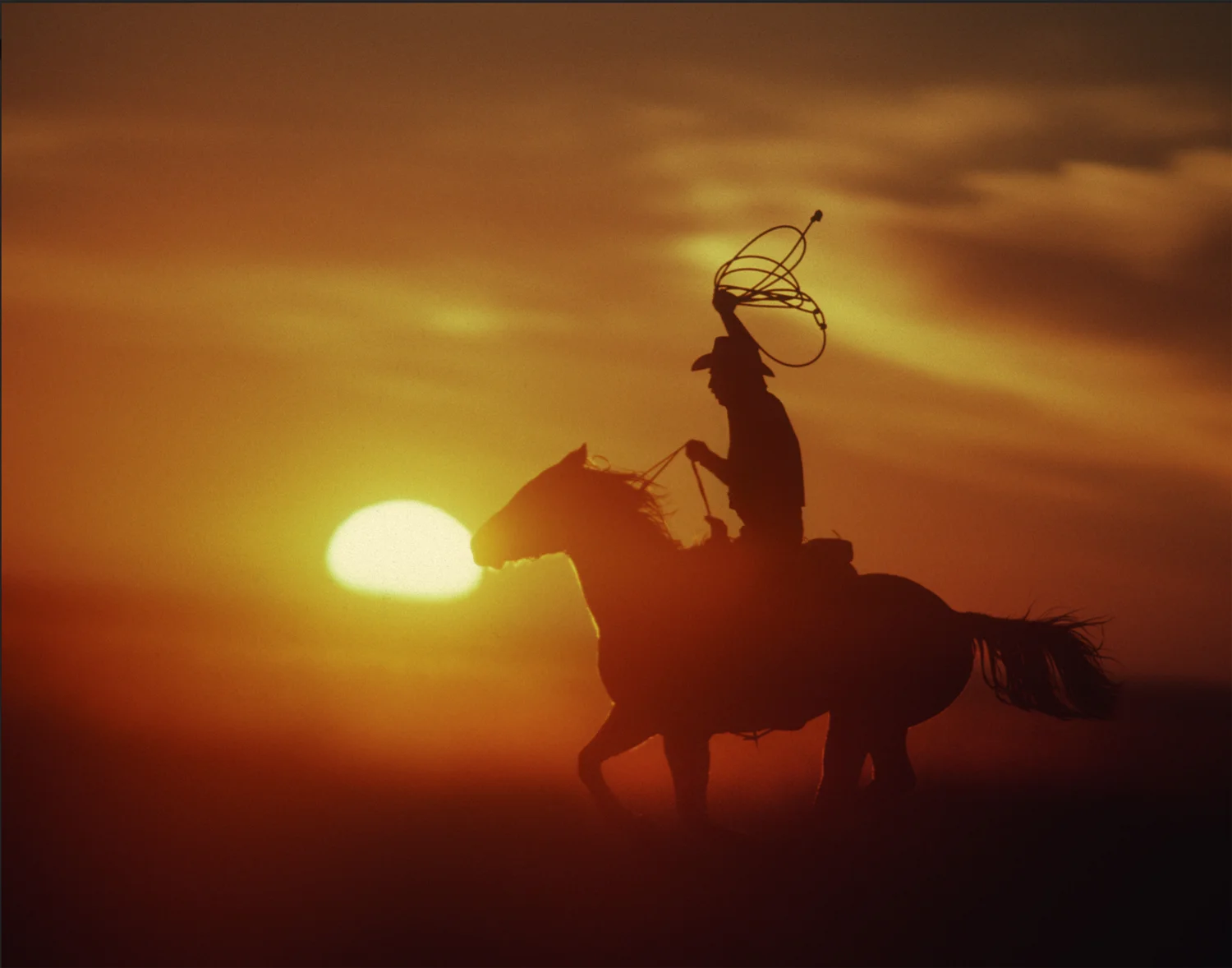Musée Limited Editions: Karine Laval
©Karine Laval
MARC PITZKE: How did you get started in photography?
KARINE LAVAL: I was already fascinated with photography as a child. My grandparents lived near Paris that had the first Museum of Photography. It had this huge collection of old cameras. The first pictures I took with a camera were pictures of surveillance. I was snooping on my grandparents' neighbors from the roof of their building.
MP: You grew up in France, but your family lived all over the place, right?
KL: Yes. My dad grew up in Africa, changing countries every two, three years. When we were children, we were often on the move.
MP: During that nomadic life, did photography help you find your bearings and make sense of your ever-changing surroundings?
KL: Yes. Photography is still a way to situate myself and to relate to the place and the people. At the same time, it can create a barrier too because the experience is mediated by the camera. That’s why I loved working with the Rolleiflex camera. It was an amazing discovery: I didn't have to hide my face and my gaze—my eyes behind a box. I can almost be more present, focus my energy. Especially with the pools, I was observing for hours.
MP: So why pools?
KL: That was accidental. In 2002, I had just gotten my first Rolleiflex. I went to Barcelona on vacation, and I was laying down by an outdoor pool and vaguely observing and thought, “this is an interesting angle to see all this repetition of gestures around the same set.” It reminded me of playing theatre when I was young. I started to shoot people coming in and out of the frame. I didn’t really move the camera. I was waiting for interesting expressions or body juxtapositions with the urban landscape. The body became almost like a sculpture and a part of the landscape.
MP: Also, that was before digital cameras.
KL: Yes, I love using analog photography. When I had the film developed, there was also an accident. The film was slides but they developed it as negatives. They transposed the slides into negatives, and it completely shifted the angles and pushed the contrast even more. Many of these images were already photographed in middle of the day. I did everything you're told in photography school not to do –– shoot in the middle of the day when the sun is strong, or shoot against the sun.
MP: And that was even enhanced by the "accident."
KL: The colors were almost supernatural. They were actually reinforcing the theatricality of the place. Many photographers have photographed pools but always with a social documentary aspect, or as portraits of people, or of just the pool itself. So, I decided to do a whole series. I initially focused on public pools, which are a part of our everyday life during summer vacations in Europe.
MP: Did you like pools as a kid?
KL: Yes! These images began as a way to connect with my childhood. But my first memory of the pool is actually a scary memory.
MP: What was that?
KL: I was very young and didn't really know how to swim, yet. But my dad pushed me into the deep pool. I have this image of falling away from my dad's arms into that water, and then he jumped in with me. That was his way of teaching me to swim. But I guess it didn't scare me enough to stay away from the water's edge. When I was six or seven, we were at the pool. I started to go under to do rolls underwater, and I got so dizzy, and I was losing my breath yet I still felt almost comfortable. I think I was getting high from the lack of oxygen.
MP: Some of these later images are so precisely framed and focused. How do you achieve that with something so imprecise as water?
KL: I don't always control it. Although I can never see the image as it happens since I don't shoot digitally, somehow, I know when I have what I'm after. I've photographed water now for while. I can anticipate it.
MP: So what's your fascination with water?
KL: I feel so free when I'm in water. For me, it's so reinvigorating. I can feel so alive in water. I grew up sailing with my family. My uncle had a sailboat–still has one—so since we were little, we'd go sail in the summer and swim in the open sea.
MP: When did you decide this should be a book?
KL: I saw it as a book right away. But it's a good thing that, over the years, it never happened when I was hoping it would happen because I kept photographing and the project expanded, so the book took on a form I hadn't envisioned in the beginning. I felt several times that the book was finished but I was never satisfied with the publishers that were either interested or that I had access to. So, I kept revisiting it over the years, and it turned into these three chapters. I had this cinematographic vision, even for the layout and the design of the book. If you turn the pages, there is a sense of movement that reflects the motion and the energy around the pools.
MARC PITZKE is a U.S. correspondent for the German newsweekly DER SPIEGEL and its web edition, SPIEGEL ONLINE. He is based out of New York City.
This interview has been condensed and edited from our previous issue MOTION. Shop Karine Laval’s Limited Edition Print here.








